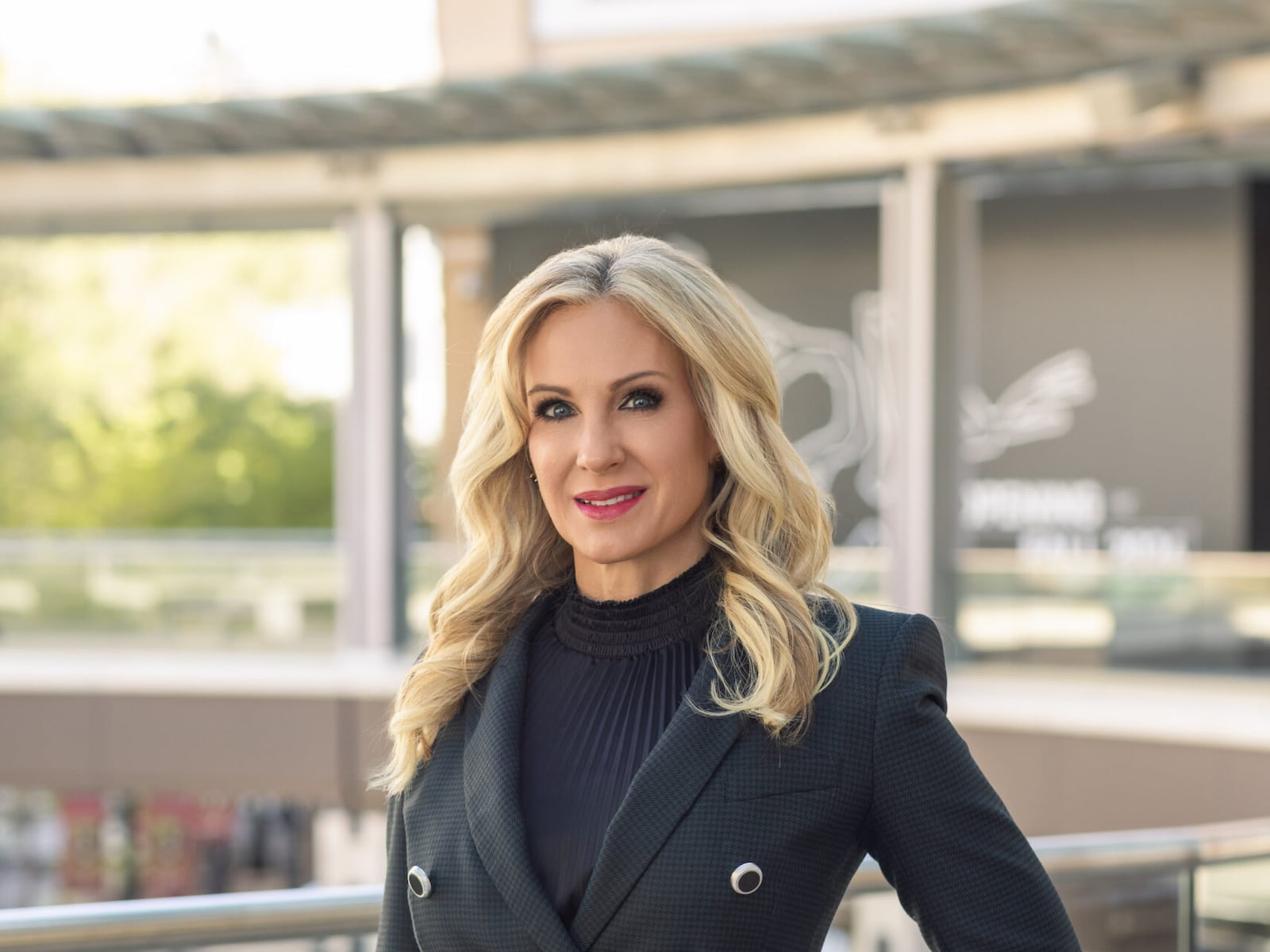Co-Founder | Tech-Moms
At 18, Trina Limpert had wrecked her car, lost her license and felt stuck at a fast-food job. She was desperate to alter her trajectory.
“I knew education was the way to change my life,” she says.
While her family had been on welfare and did not have the financial means to get her into college, she saved and enrolled at Weber State University. Limpert says she must have been born with grit.
“All of this passion and motivation, I think it’s always been here,” she laughs. “I’ve never really hesitated. I guess that’s been a good and bad thing, but I’ve learned a lot from being willing to jump in.”
In her college computer science classes, this belief was tested for the first time. “I started to doubt myself,” she says. “I was the only woman in these classes. Sometimes, a professor would tell a blonde joke or call me out or dismiss my comments entirely.”
Fortunately, Limpert’s gut instinct kept her in the program. Since then, she’s received degrees and certificates from multiple institutions, including the University of Utah and Harvard University. Her expertise, which she had built from time at places like Oracle and eBay, culminated in Tech-Moms, her latest project.
“There weren’t many women in the tech field when I was in school, but the numbers are even worse now,” she says. “We’re backsliding on gender equality, so honestly, Tech-Moms came from anger,” Limpert says. “We have this huge disconnect in the tech world where we say we can’t find enough people, but then there are all of these women saying they can’t get in. We needed to knock down these walls.”
Within a few months, a gender-equality group of “Avengers” was formed. Limpert, along with Mikel Blake and Robbyn Scribner, launched a series of cohorts that offer education, professional development and a network of support for women interested in tech careers. In four years, Tech-Moms has grown to over 440 cohorts with about 600 participants. Limpert says they’re also managing a waitlist.
“What’s made me successful is the motivation I get from knowing the lives I can change,” Limpert says. “It’s not hypothetical. I could see what these women could do, but also that they were being excluded, both by the industry and by themselves. After the two-month program, I see them leave with jobs and career paths, but I also see their mindsets shift and their confidence grow. I see them become the best versions of themselves, and that’s everything to me.” To Main Page

